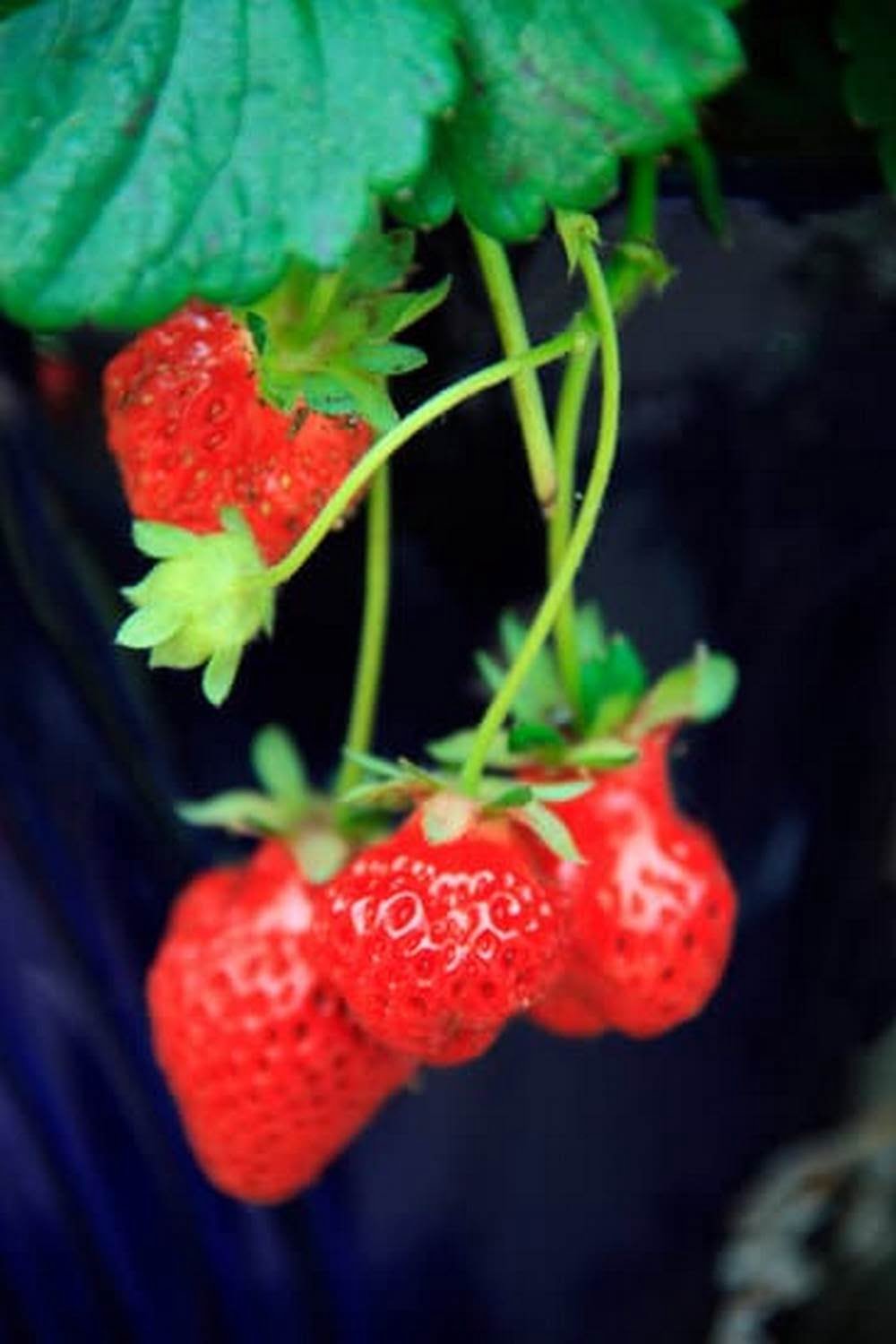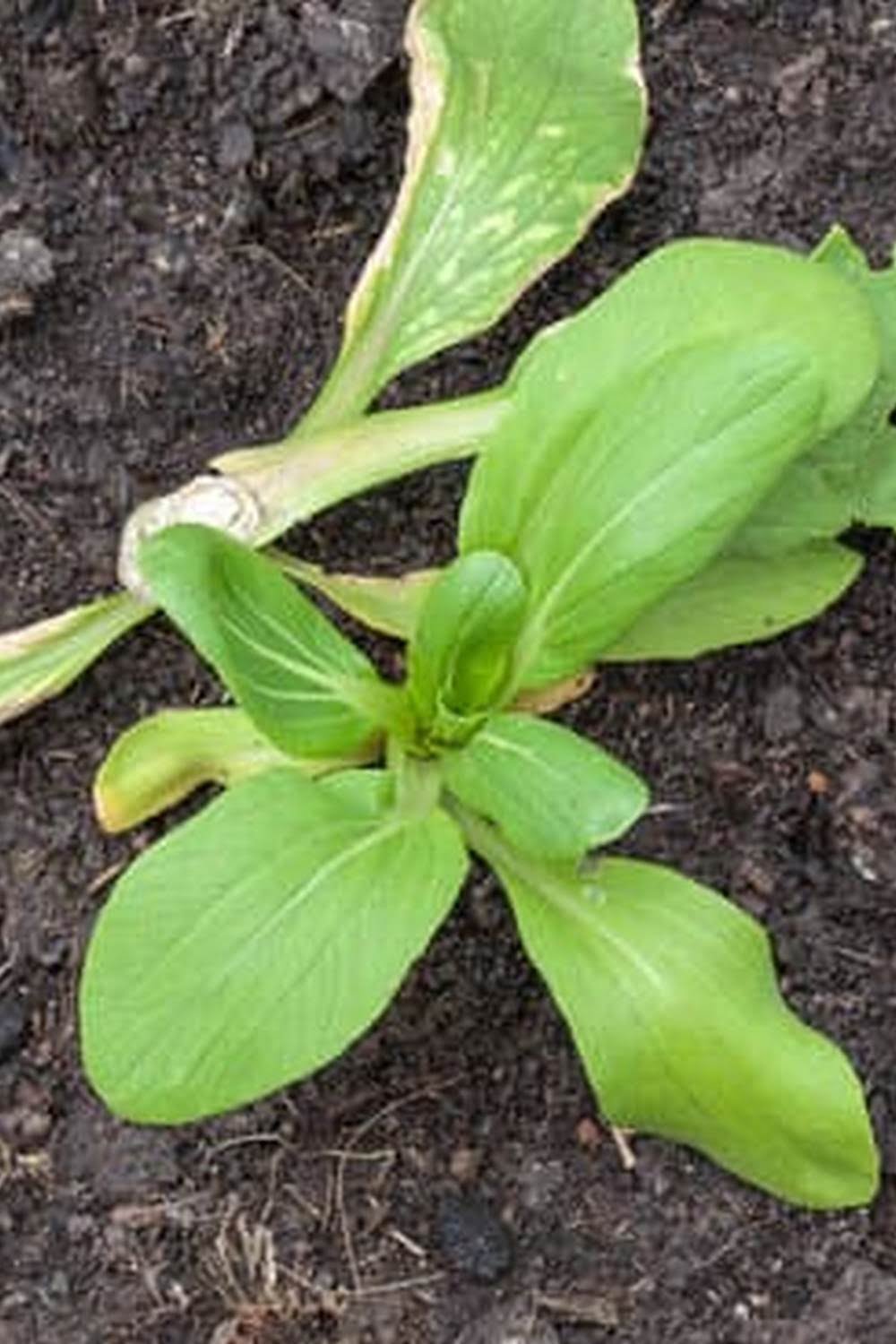Vegetable Garden Soil Acidity
There are many factors to consider when gardening, such as sunlight, water, and soil pH. Soil pH is a measure of how acidic or alkaline the soil is. A pH of 7 is neutral, while a pH below 7 is acidic and a pH above 7 is alkaline. Most vegetables prefer a soil pH of 6.5-7.0, although there are some exceptions.
The acidity or alkalinity of the soil can be affected by the type of soil, the amount of organic matter in the soil, the amount of rainfall, and the type of plants growing in the soil. Vegetables grown in acidic soil may have lower yields and may be more susceptible to pests and diseases.
You can test the pH of your soil with a soil pH test kit. If the pH is below 6.5, you can add lime to the soil to raise the pH. If the pH is above 7.5, you can add sulfur to the soil to lower the pH.
How To Get Your Soil Ready For A Vegetable Garden
A vegetable garden is the perfect way to get fresh, nutritious produce right from your backyard. But, before you can start planting, you need to make sure your soil is ready for vegetables. If your soil isn’t in good condition, your garden will likely struggle, no matter how much you water and fertilize it.
Fortunately, getting your soil ready for a vegetable garden is a relatively easy process. Here are a few tips to help you get started:
1. Test your soil
The first step in preparing your soil is to test it. This will help you determine the pH level and nutrient levels of your soil. You can buy a soil test kit at most garden stores, or you can have your soil tested by a professional.
2. Amend your soil
If your soil is lacking in nutrients or is too acidic or alkaline, you’ll need to amend it. This can be done by adding organic matter such as compost, manure, or peat moss to the soil. You can also add soil amendments like lime or sulfur to adjust the pH level.
3. Till your soil
Once your soil has been tested and amended, it’s time to till it. Tilling your soil helps mix in the amendments and makes it easier for the plants’ roots to grow. You can either use a manual tiller or hire a professional to do it for you.
4. Plant your veggies
Now that your soil is ready, it’s time to plant your veggies! Be sure to read the planting instructions for each vegetable to make sure you’re planting them in the right type of soil.
If you follow these tips, your soil will be ready for a successful vegetable garden.
Soil To Use In Vegetable Garden
When starting a vegetable garden, it is important to use the right soil. The soil should be loose and have good drainage to allow the roots of the vegetables to grow deep and absorb the nutrients they need. The soil should also be rich in organic matter to provide nutrients to the plants.
A good soil for a vegetable garden can be made by mixing together equal parts of compost, peat moss, and sand. The compost should be made from a variety of materials, such as leaves, grass clippings, straw, and manure. The peat moss will help to keep the soil loose, and the sand will help to improve the drainage.
If the soil in your garden is not suitable for growing vegetables, you can improve it by adding compost, peat moss, and sand. You can also add organic matter such as manure, compost, or peat moss to the soil to improve the nutrient content.
Best Soil Test Kit For Vegetable Garden
ers
If you are a vegetable gardener, then you know that the quality of your soil is critical to the success of your garden. The best way to determine the quality of your soil is to test it. There are many different soil test kits available, but not all of them are equally good.
The best soil test kit for vegetable gardeners is the kit made by the Soil Science Society of America (SSSA). This kit is made up of a soil test kit, a soil pH meter, and a soil moisture meter. The soil test kit includes a soil probe, a soil moisture meter, and a soil pH meter.
The soil probe is used to extract a soil sample from the garden. The soil moisture meter is used to measure the moisture content of the soil. The soil pH meter is used to measure the pH of the soil.
The kit also includes a guide to interpreting the test results. The guide includes information on how to correct any problems that are found with the soil.
The SSSA soil test kit is the most comprehensive soil test kit available. It is the best kit for vegetable gardeners who want to ensure that their soil is in optimum condition for growing vegetables.
How Damp Should The Soil Be For Vegetable Garden
The soil in your vegetable garden should be damp, but not too wet. If the soil is too wet, the vegetables will rot. If the soil is too dry, the vegetables will not grow. The best way to test the soil’s moisture level is to stick your finger in the soil. If the soil is wet, it will feel sticky. If the soil is dry, it will feel powdery.

If you’re looking to get into vegetable gardening, or are just looking for some tips on how to make your current garden better, then you’ve come to the right place! My name is Ethel and I have been gardening for years. In this blog, I’m going to share with you some of my best tips on how to create a successful vegetable garden.





